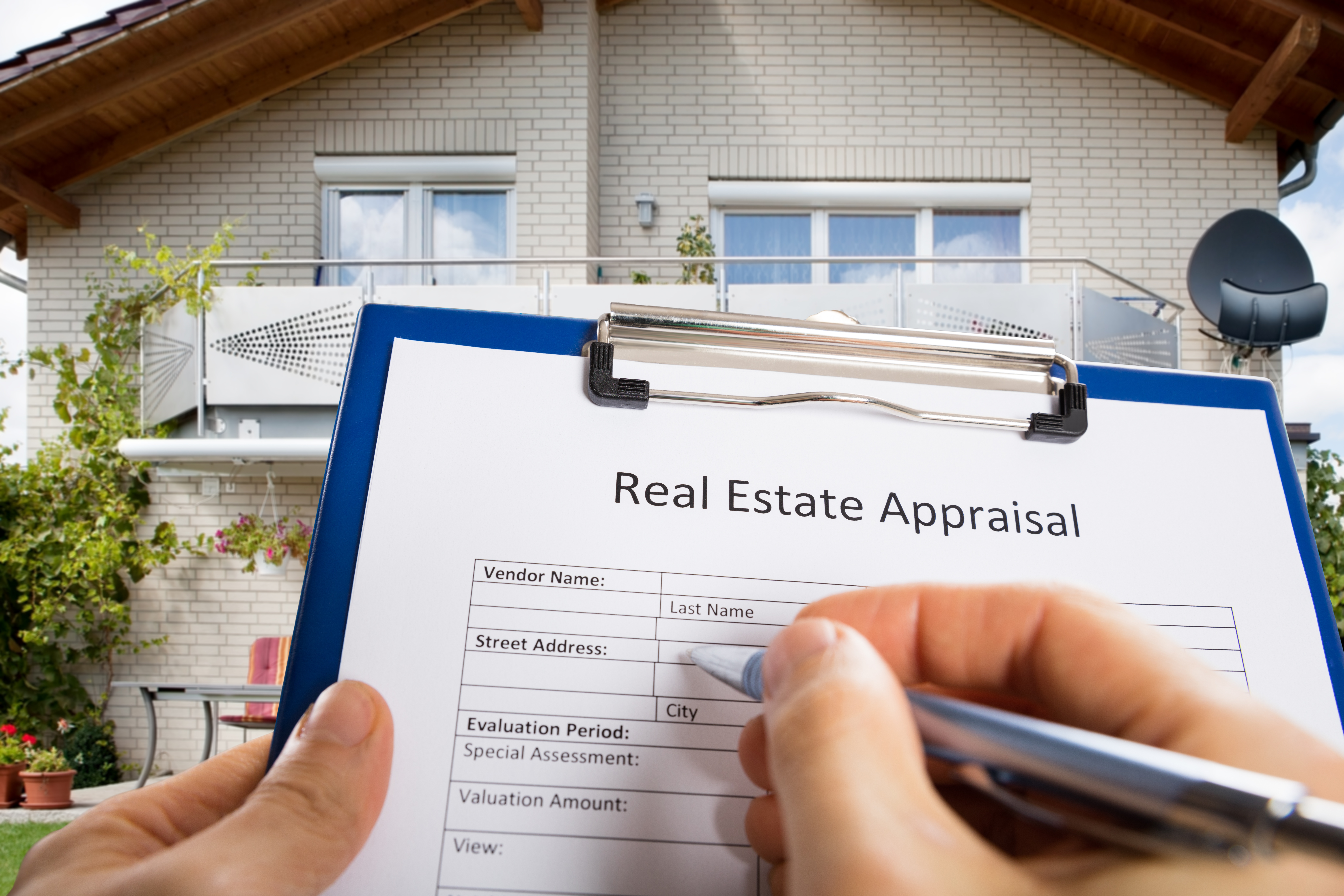 Although many Americans don't view their homes or shops as tangible investment vehicles, real estate is often the most important and valuable asset in a given individual's investment portfolio. Like any other asset, the value of real estate is subject to daily, monthly and yearly fluctuations. Although many of the factors that drive these fluctuations remain firmly out of the control of everyday property owners, it's possible to exert some influence on the value of a given parcel. Capital improvements are among the most powerful value-enhancing tools that property owners have at their disposal.
Although many Americans don't view their homes or shops as tangible investment vehicles, real estate is often the most important and valuable asset in a given individual's investment portfolio. Like any other asset, the value of real estate is subject to daily, monthly and yearly fluctuations. Although many of the factors that drive these fluctuations remain firmly out of the control of everyday property owners, it's possible to exert some influence on the value of a given parcel. Capital improvements are among the most powerful value-enhancing tools that property owners have at their disposal.
What Is a Capital Improvement?
As the term's label suggests, a capital improvement is a physical improvement or augmentation that positively affects the value of a piece of real property. Although capital improvements can be undertaken at any time, they're often completed shortly before the home or business that they affect is put up for sale. Alternatively, some homeowners and business owners complete capital improvements upon taking possession of a newly purchased property or experiencing a life change like the birth of a child. Such improvements might be intended to increase convenience or improve quality of life for the current owners.
Types and Examples
In the residential and commercial real estate markets, capital improvements are typically lumped into two broad categories: internal and external. These categories are intuitive. Whereas internal capital improvements might involve upgrades or additions to a structure's interior features or infrastructure, external capital improvements involve physical additions to existing structures, the erection of outbuildings, or the creation of value-enhancing outdoor features within the bounds of a given parcel.
For homeowners, common examples of internal capital improvements include:
- HVAC upgrades
- Plumbing improvements and bathroom renovations
- Modernized kitchens
- New entertainment systems
- Energy-efficiency improvements
- New appliances
External improvements take forms like:
- New landscaping features
- New or renovated pools or tennis courts
- New or improved sheds, garages and other outbuildings
- Driveway or walkway improvements
Financing Capital Improvements
Most real estate experts and financial planners advise property owners to create specific funds for the purpose of financing capital improvement projects. For homeowners, this might require long-term savings accounts that have been earmarked for a specific project. For business owners, this might demand a balance-sheet entry that covers the cost of various projects over time.
However, it's not always necessary to finance the entirety of a given capital improvement project with savings or leverage. Thanks to a complex and ever-changing but ultimately useful set of tax breaks and deductions, it's possible to write off a wide range of capital improvements.
Immediate and Long-Term Financial Considerations
These tax advantages begin to accrue during the applicable tax year. Although the laws that govern improvement-related tax credits change regularly, they generally apply to projects like:
- Improvements that enhance accessibility for handicapped or elderly individuals
- Efficiency-enhancing HVAC and plumbing improvements
- Improvements undertaken after a structural fire or other disaster
- Virtually all value-enhancing capital improvements to a business location
On the other hand, capital improvements can create a financial drag in the form of increased appraisal values. While inflated appraisals can be useful during the listing and sale processes, they can actively hurt homeowners and business owners who plan to retain their properties for some time to come. Higher appraisal values often lead to higher property taxes and can indirectly reduce disposable income or available business capital.
Final Thoughts
In the real estate business, capital improvements are a fact of life. Since buyers' tastes change with time, property owners have an incentive to maximize the resale value of their homes and businesses by executing practical capital improvements. However, it's crucial that property owners understand the implications of these projects. Those who wish to avoid the additional tax burden associated with upward revisions to their property's appraised value may wish to refrain from making capital improvements to it until shortly before its sale.
* Image courtesy of FreeDigitalPhotos.net




















